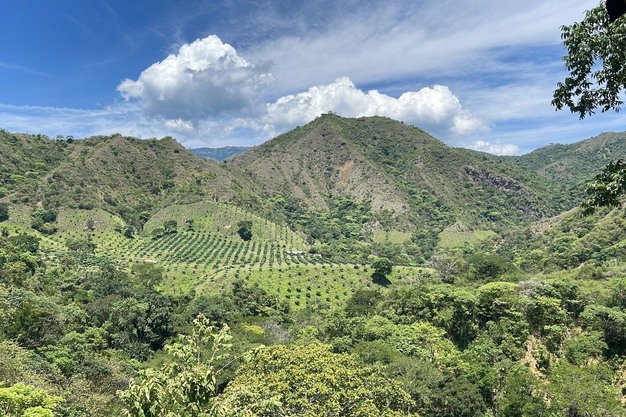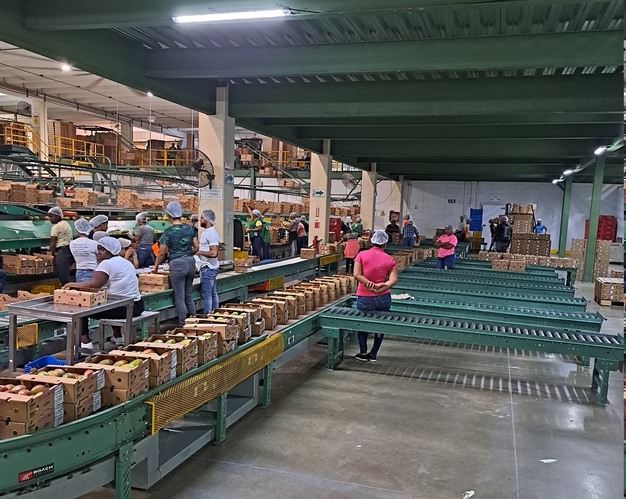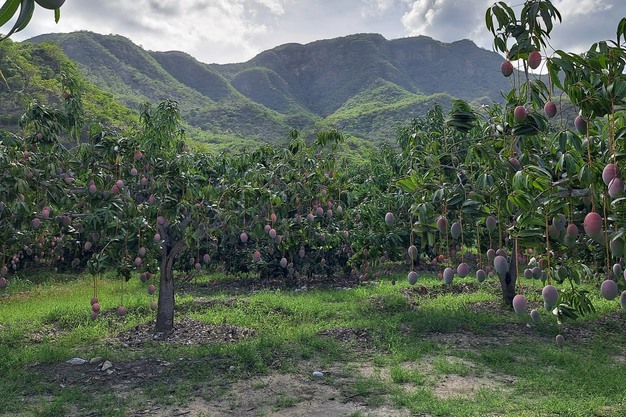The mango market is erratic and highly challenging, says Henk van der Meij, mango specialist at Dutch importer Hars & Hagebauer. According to him, "It's been so for years now." Cultivation and consumers share the blame.

Henk says the market is characterized as "erratic" and "unreliable" with "ups and downs". This season began early. "The year started with high prices due to limited volumes from Peru. But those prices soon proved too high for buyers, causing demand to drop."
The situation is complex for other regions of origin, like West Africa, too. "Harvests there are highly dependent on changing weather conditions. Sometimes, it's an early harvest; at others, it's late. Sometimes, volumes are huge; sometimes, they're tiny," Henk explains.
Growers and exporters who have paid advances are, thus, often left holding the can. "Climate change is undeniable there. In Senegal, the window for export has become so small that growers and exporters often suffer."

Things are not only unsettled on the cultivation side but, according to Henk, consumption is also stagnating. "Western European consumers eat, on average, half as many mangoes as those in the United States," he says. Moreover, supermarket sales are "very promotion-driven." When there are no promotions, demand plummets.
"There's no denying that promotions drive mango sales in supermarkets. No promotion simply means significantly lower demand. As I see it, people rarely regularly buy mangoes, and consumption is stagnating. The market collapses as soon as the promotions end."
The fickle market affects countries like Israel and Spain, too. This year, Israel had "the misfortune of entering a cyclical market, with ex-Rotterdam selling prices of €4 to €5," says van der Meij. Spain, usually a competitor, actually dropped out this year due to its meager 2023 crop.
He says Egypt is making inroads, especially in Central and Eastern Europe's wholesale markets. "For Western European retail, that mango sector is still too often hit by the 'Egyptian disease': ramshackle certifications and bumbling concerning MRLs."

Henk is cautious about the future. "We have no idea what Peru will do next. One scenario is a totally oversupplied market," he explains. Unusually, Henk sees little room for innovation. "Supermarkets work with the familiar, listed varieties, with Kent, Keitt, and Osteen leading the way." The expected end to Tommy Atkins consumption did not come to pass. "Some markets love that beautifully-colored, sweet-fleshed variety."
"An unpredictable market benefits no one," Henk concludes. And the mango market indeed seems to pose challenges for everyone in the chain.
Henk van der Meij Hars & Hagebauer
Hars & Hagebauer
Tel: +31 180 745100
[email protected]
www.harshagebauer.nl
